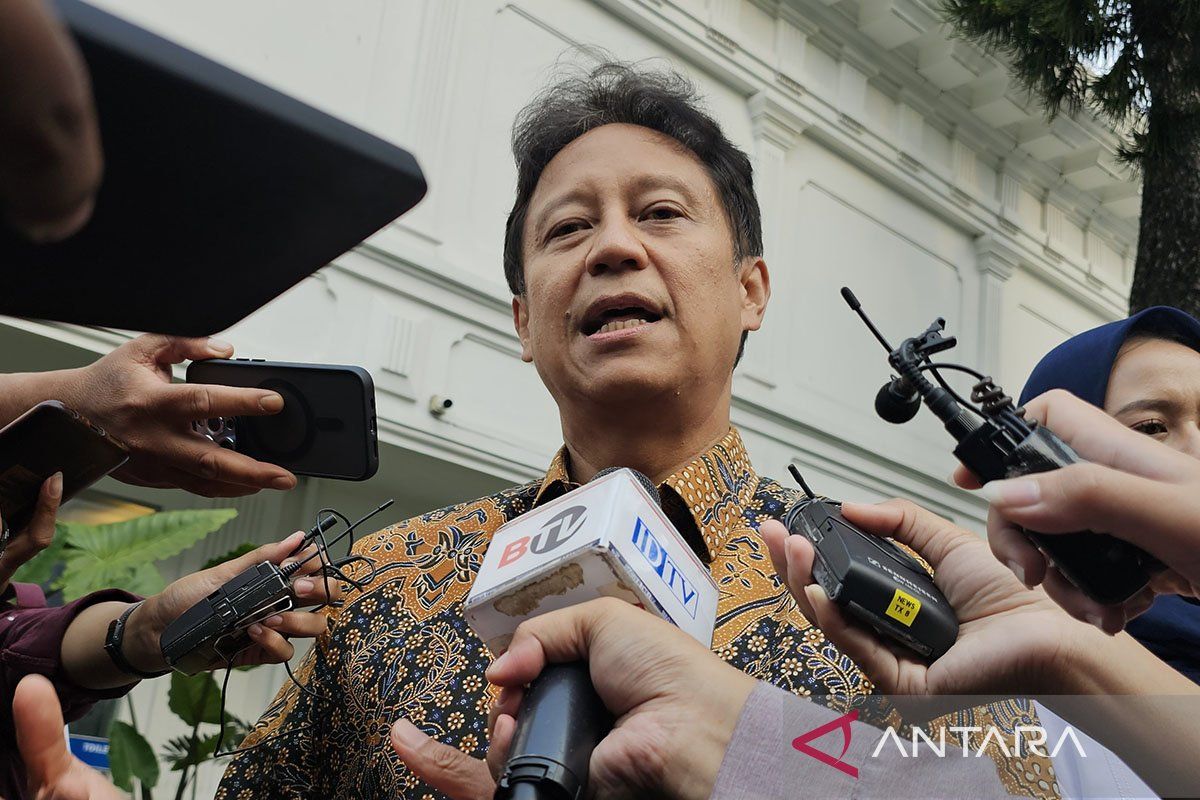Jakarta (ANTARA) - Health Minister Budi Gunadi Sadikin has not asked hospitals and health centers to make special preparations for handling human metapneumovirus (hMPV) cases, but urged that case reports be submitted if they find any cases.
"This disease is similar to the common flu. Most importantly, we ask them to report any case finding. Some labs can run panel tests for hMPV," he said in Jakarta on Thursday.
He explained that hMPV has been reported globally since 2001. While it has a low fatality rate, it is difficult to detect, he added.
"The fatality rate is very low. Far below COVID. In Indonesia, all hMPV patients were able to recover," Sadikin said.
Since the hMPV has been around for quite a long time, the minister said that the human body can detect it, unlike COVID-19, which is considered new and difficult to manage.
He further informed that H1N1—and not hMPV—has prompted the increase in cases in China since December 2024.
"Every December, the number of people affected by Influenza-Like Illness or ILI increases throughout the world, including China. Specifically for China, the increase in December 2024 was actually lower than in 2023," he explained.
Baca juga: Government aims to boost swallow nest exports for economic growth
Earlier, the executive board of the Indonesian Doctors Association (PB IDI) also confirmed that the symptoms of hMPV are similar to the common flu. Therefore, the public has been advised not to panic but remain vigilant.
Head of the PB IDI COVID-19 Task Force, Dr. Erlina Burhan, explained that the disease caused by hMPV can go away on its own, like the common flu.
Baca juga: Indonesia to tap BRICS for mining export, says ministry
The hMPV is a virus that causes respiratory tract infections, with symptoms similar to the common flu, such as cough, runny nose, fever, and shortness of breath.
Those experiencing the symptoms and at high risk, such as children, the elderly, people with HIV/AIDS, or people with chronic diseases, have been advised to wear a mask while traveling, especially in crowded places.
Pewarta : Mecca Yumna, Resinta Sulistiyandari
Editor:
I Komang Suparta
COPYRIGHT © ANTARA 2026









